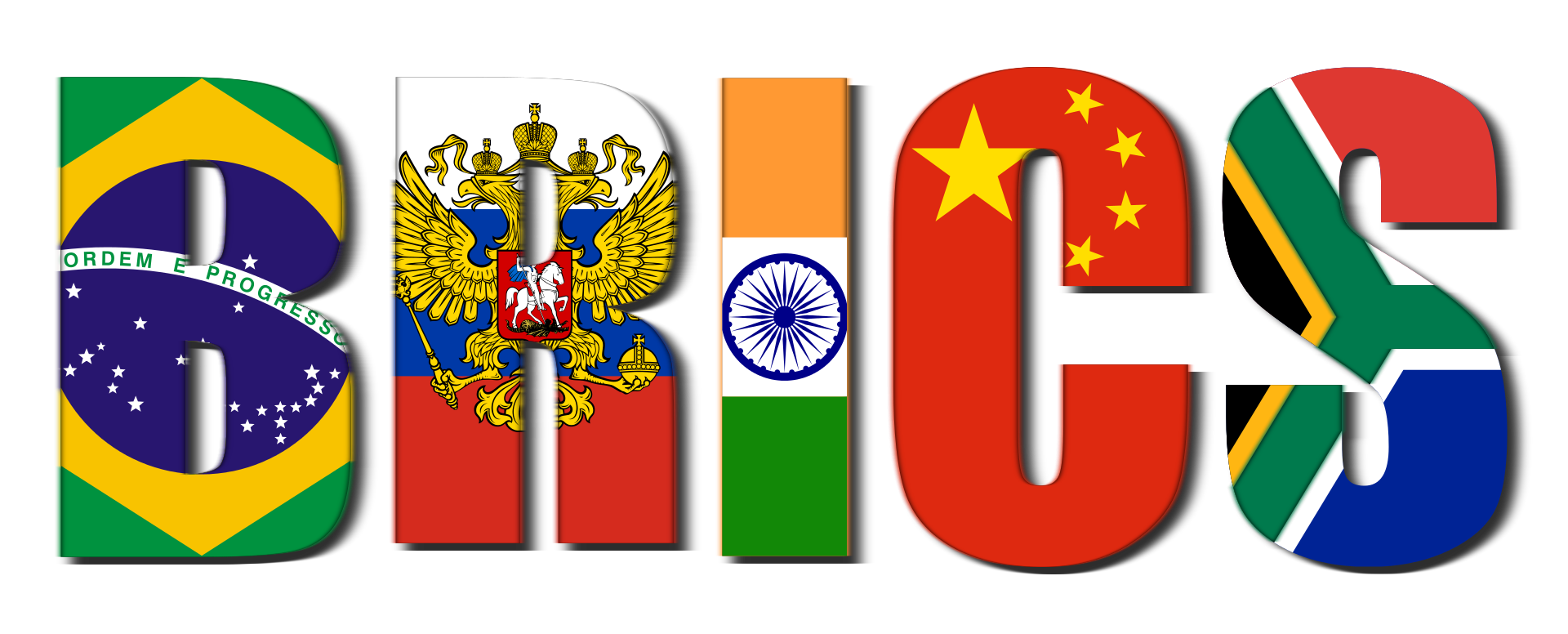Since the end of World War II, the United States has been the dominant player in the world economy. Its gross domestic product (GDP) is larger than that of any other country, and it is one of the few nations with the financial and industrial might to rival China and Japan. The United States is also the world’s largest importer and exporter of goods and services. In recent years, however, the rise of China and other developing economies has challenged the U.S. position as the preeminent economic power. While the United States still has the largest economy in the world, its share of global GDP has declined from about 30 percent in the early 1990s to less than 25 percent today. And China is on track to overtake the United States as the world’s largest economy sometime in the next decade.
BRICS, or in its full acronym, are Brazil, Russia, India, China, and South Africa. The BRICS countries started to form in 2006, when the leaders of Brazil, Russia, India, and China met at the St. Petersburg International Economic Forum. They created the BRIC group to discuss ways to improve economic cooperation between their countries. In 2009, South Africa joined the group, and the acronym was changed to BRICS. The BRICS states are united by their shared commitment to multilateralism and global governance reform. The group's main goal is to "build mechanisms for consultation and cooperation on common issues of strategic importance in the field of world economy and politics." The participating countries are mainly developing countries. The BRICS countries contribute about 25% of the world's total output and occupy about 26% of its land.
There are rumours that the BRICS may try to establish their own currency as a replacement for the petrodollar. The aggressive move made by Russia to increase its gold reserve from roughly 500 metric tons in 2000 to 22,985.38 metric tons in 2022 is the first indication of this. Saudi Arabia has also expressed interest in joining the BRICS, as the group is thought to be driving the world's fastest economic growth. By 2050, the BRICS nations' economies ought to be able to compete with those of the world's richest nations, according to global banking giant Goldman Sachs. Only time will tell whether BRICS will be the better European Union or the opposite.















